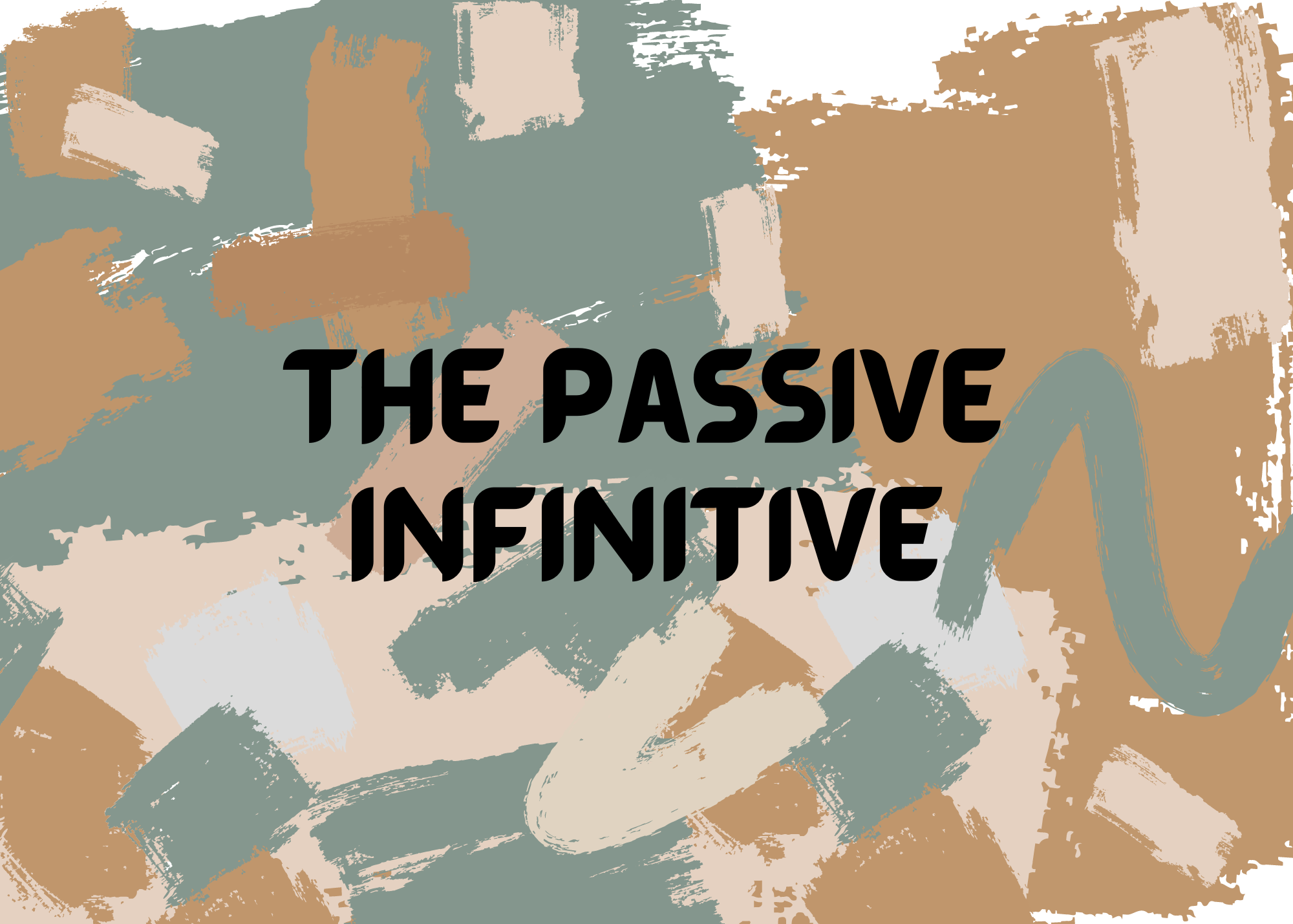The monarch who was not destined to govern
The Queen Elizabeth II (Elizabeth Alexandra Mary; 21 April 1936 – 8 September 2022) Queen of the United Kingdom from 6th February 1952 until her death on 8th September 2022. Her reign of 70 year and 214 days, is the longest of any British monarch and the longest recorded of any female head of state…






